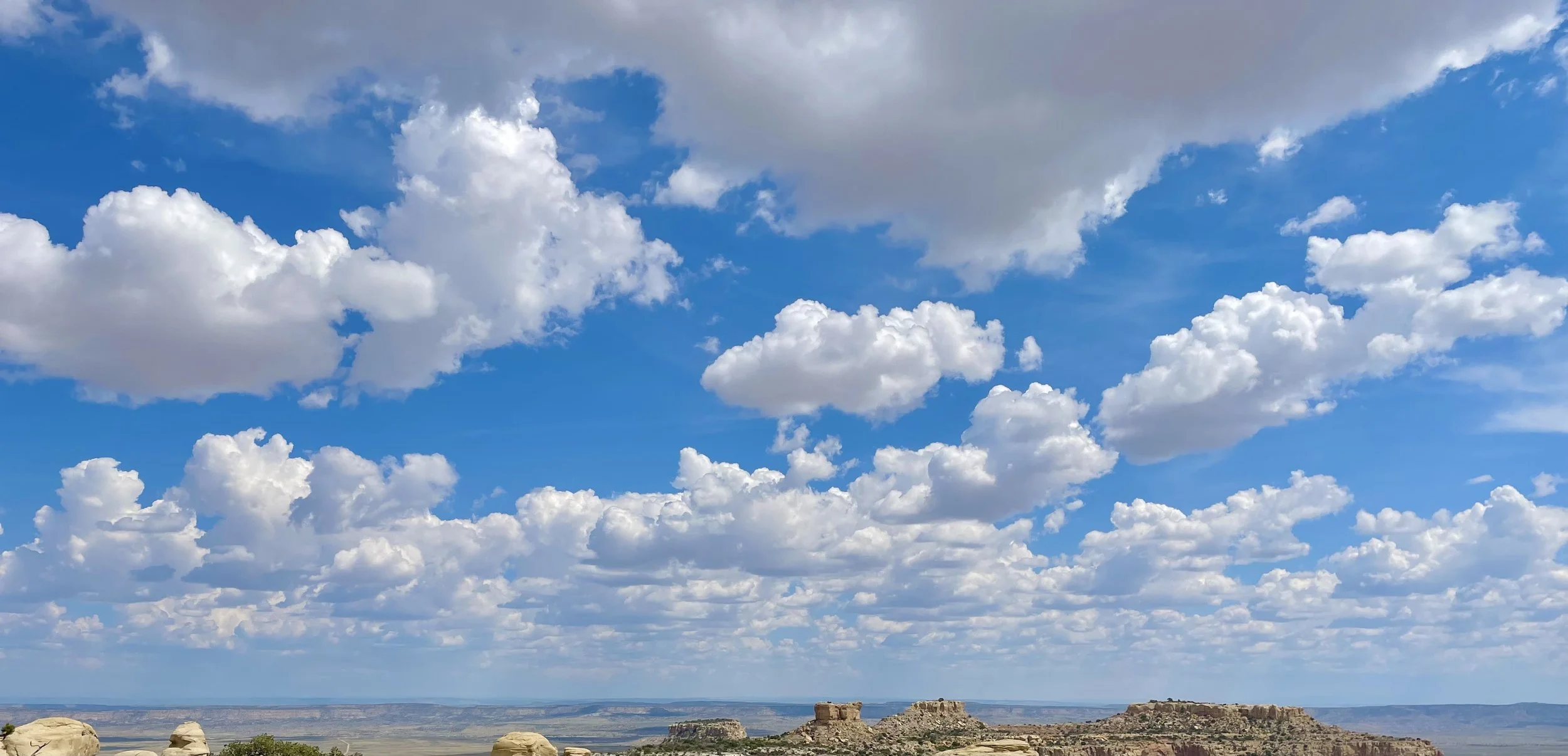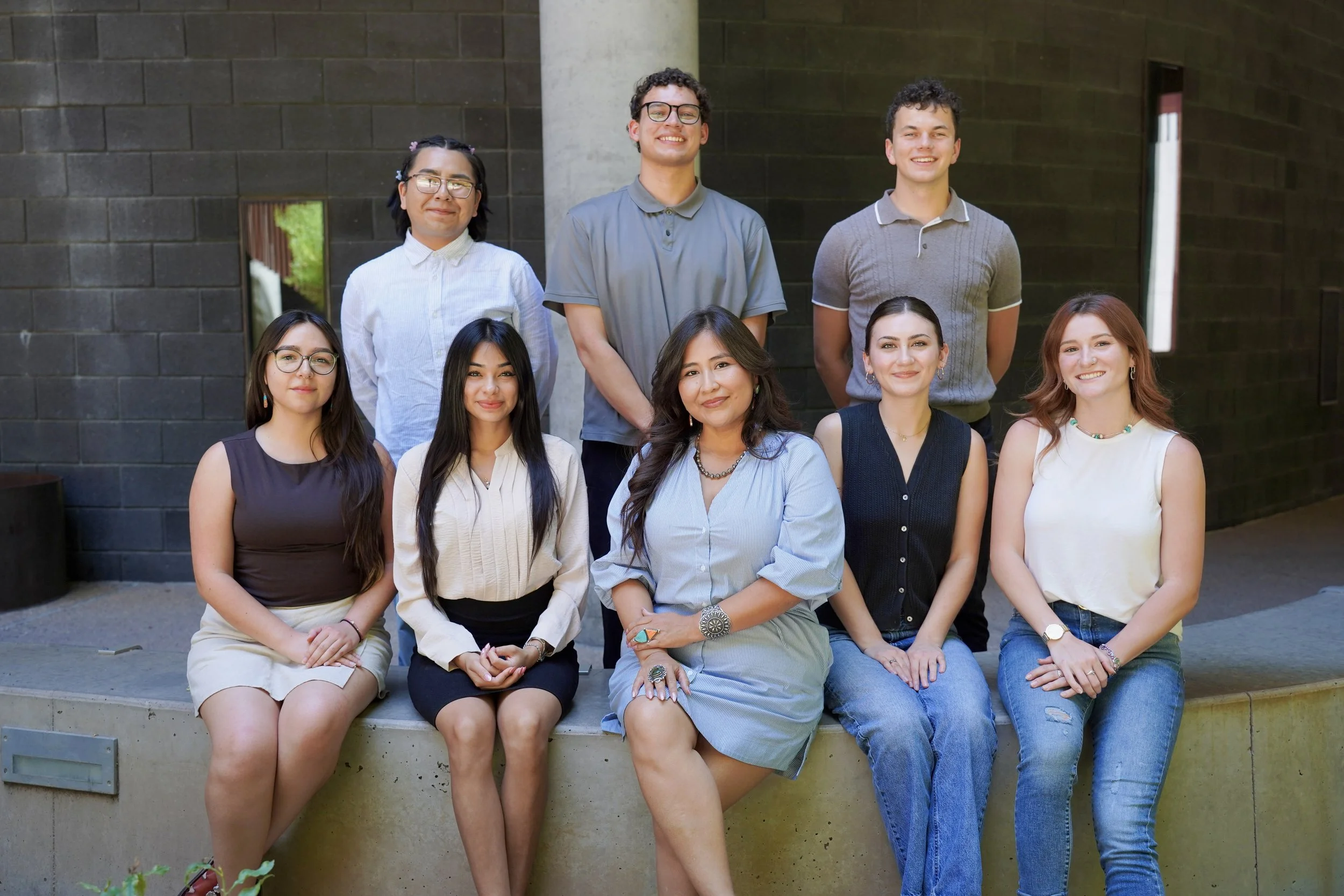
Níhí: In the Diné language, referring to a plural collective.
Níhí Lab
Environmental Engineering and Biogeochemistry Lab
Community to Field to Microscale Processes towards Environmental Restoration
The Níhí Lab
The Nihi Lab, led by Dr. Cherie De Vore, lives at the University of Arizona in the Department of Chemical and Environmental Engineering. Lab members are engaged in research initiatives aimed at addressing environmental solutions using engineering process treatment tools while honoring and respecting Indigenous knowledge systems.
Over the past decade, Dr. De Vore’s work as an Indigenous environmental engineering scholar has focused on the mobilization and accumulation of inorganic metals in ecosystems impacted by mining—an issue deeply tied to environmental and health disparities in frontline Indigenous communities. While this research has been critical in illuminating pathways of contamination and exposure, her work has since evolved to focus on restoration, recovery, and renewal.
Dr. De Vore roots her engineering practice in processes that not only address contamination, but also draw inspiration from the environment itself—its resilience, its adaptive systems, and its capacity for regeneration. Our group seeks to co-create treatment solutions that reflect a restorative ethic: engineering systems that are not only technically robust but also culturally and ecologically aligned.
Rather than centering contamination as an endpoint, our work reframes it as a catalyst for innovation—where engineering, Indigenous knowledge, and environmental stewardship converge to imagine and implement solutions that restore balance. Our approach recognizes the land not just as a site of extraction or remediation, but as a collaborator in knowledge creation and healing.

